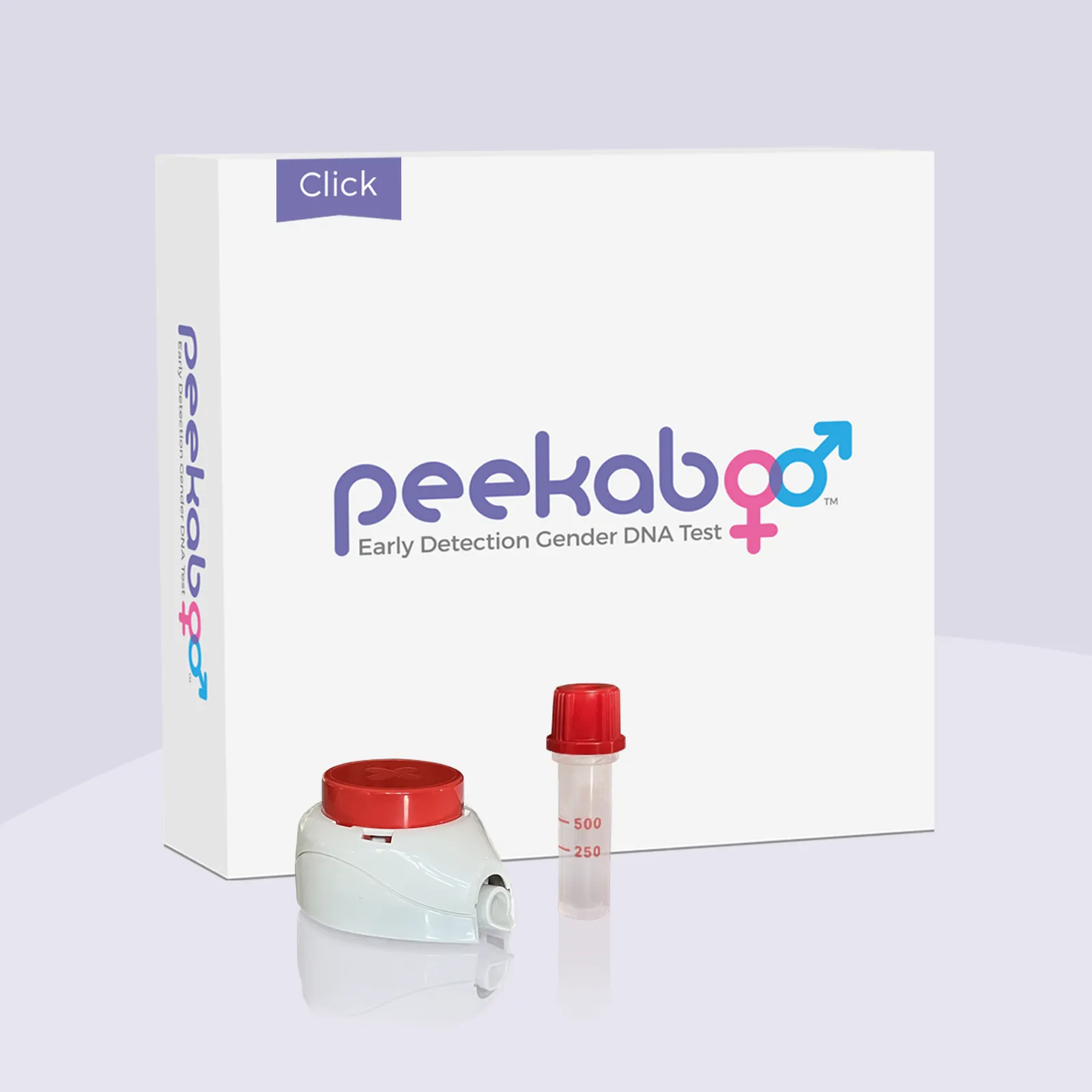Giving birth and raising a child are, without a doubt, two of the most life-changing and fulfilling things in life. For some couples, it’s seemingly easy to get pregnant, while for others, it can be difficult. Regardless of how Mother Nature impacts your experience, it’s important for you and your partner to prepare for this amazing journey before you get pregnant.
Visit Your OBGYN
Before you try to get pregnant, visit your doctor to ensure you have no medical conditions that could impede your efforts. Be sure to ask your provider about taking folic acid before you start trying. Folic acid protects unborn babies from birth defects early in pregnancy and takes a while to build up in the body, so you want to make sure your levels are adequate prior to getting pregnant.
Eat Well for Reproductive Health
While eating a healthy diet is key to maintaining good overall health, certain vitamins and food groups have a greater impact on reproductive health than others. Dads-to-be should eat a diet rich in carbohydrates, fiber, folic acid, antioxidants (lycopene), and plenty of fruit and vegetables for semen health. Eating less protein and fat is also beneficial for fertility.
For women, diet impacts fertility and especially ovulation. Studies have shown that women with high fertility scores followed diets with:
- Higher monounsaturated-fats intake than trans fats
- More vegetables than animal proteins
- High-fat instead of low-fat dairy
- Decreased glycemic load
- Increased intake of iron and multivitamins
Exercise Moderately
For both men and women, moderate exercise appears to be linked to higher fertility, and of course, overall health. But excessive exercise can result in negative effects for both men and women who are trying to conceive. If you go to a health club, avoid hot tubs because excessive heat can negatively impact your fertility.
Additional Health & Wellness Tips
- Limit caffeine intake to 200mg a day: Drinking a lot of caffeine before and during pregnancy has been linked to infertility, miscarriage, and low birth weight
- Quit smoking: Women who smoke are twice as likely to be infertile as non-smokers, and secondhand smoke is also a problem. In men, smoking impairs sperm health
- Stop drinking alcohol: Alcohol is associated with fertility problems in both men and women. Risks during pregnancy include miscarriage, low birth weight, and fetal alcohol syndrome, which can have serious lifelong repercussions for the child
- Aim for a healthy weight: Research has shown that it can take twice as long for overweight women to become pregnant. Conversely, if you’re very thin, this can cause irregular periods and halt ovulation
How Can I Increase My Chances of Getting Pregnant?
Here are additional tips on how to get pregnant fast, and a few interesting tidbits that separate fact from fiction.
Know Your Cycle and When You Ovulate
Monitor whether the first days of your periods come the same number of days apart every month or if they’re more irregular. This will help you better predict when you’re ovulating, especially if you don’t have obvious signs.
Ovulation is the most optimal time to get pregnant, so be aware of subtle changes throughout your cycle. Ovulation signs include an increase in cervical mucus that is thin and slippery in consistency and one-sided pelvic pain. Although women with a 28-day cycle tend to ovulate on day 14, longer or shorter cycles are common.
Purchase an Ovulation-Prediction Kit
Home-ovulation kits can take the guesswork out of figuring out when you’re ovulating. The first day of your period is considered day one. Start testing on day nine and continue until you get a positive result. The American Pregnancy Association reports that the three days immediately after a positive test result are the best time to have sex and increase the odds of becoming pregnant.
Myths vs. Facts
Myths about the best positions for getting pregnant abound, but no scientific evidence indicates the missionary position is better than the woman on top. With that said, some experts say certain positions (e.g., sitting or standing) may discourage sperm from traveling upstream. Although putting your feet in the air is a silly myth, lying in bed for 10 to 15 minutes and refraining from using the bathroom during that same timeframe are valid tips from experts.
Once you get pregnant, find out whether you’re having a boy or girl at just six weeks with Peekaboo. When you use Peekaboo, you can determine your baby’s gender as early as six weeks gestation! The Peekaboo At-Home Early Gender Test is easy, affordable, and accurate. That’s why it’s the only early baby gender reveal test endorsed by the American Pregnancy Association.
Ready to discover your baby’s gender?
Get the Peekaboo At-Home Early Gender DNA Test, proven to be over 99% accurate, and discover your baby’s gender as early as 6 weeks from the comfort of home!


